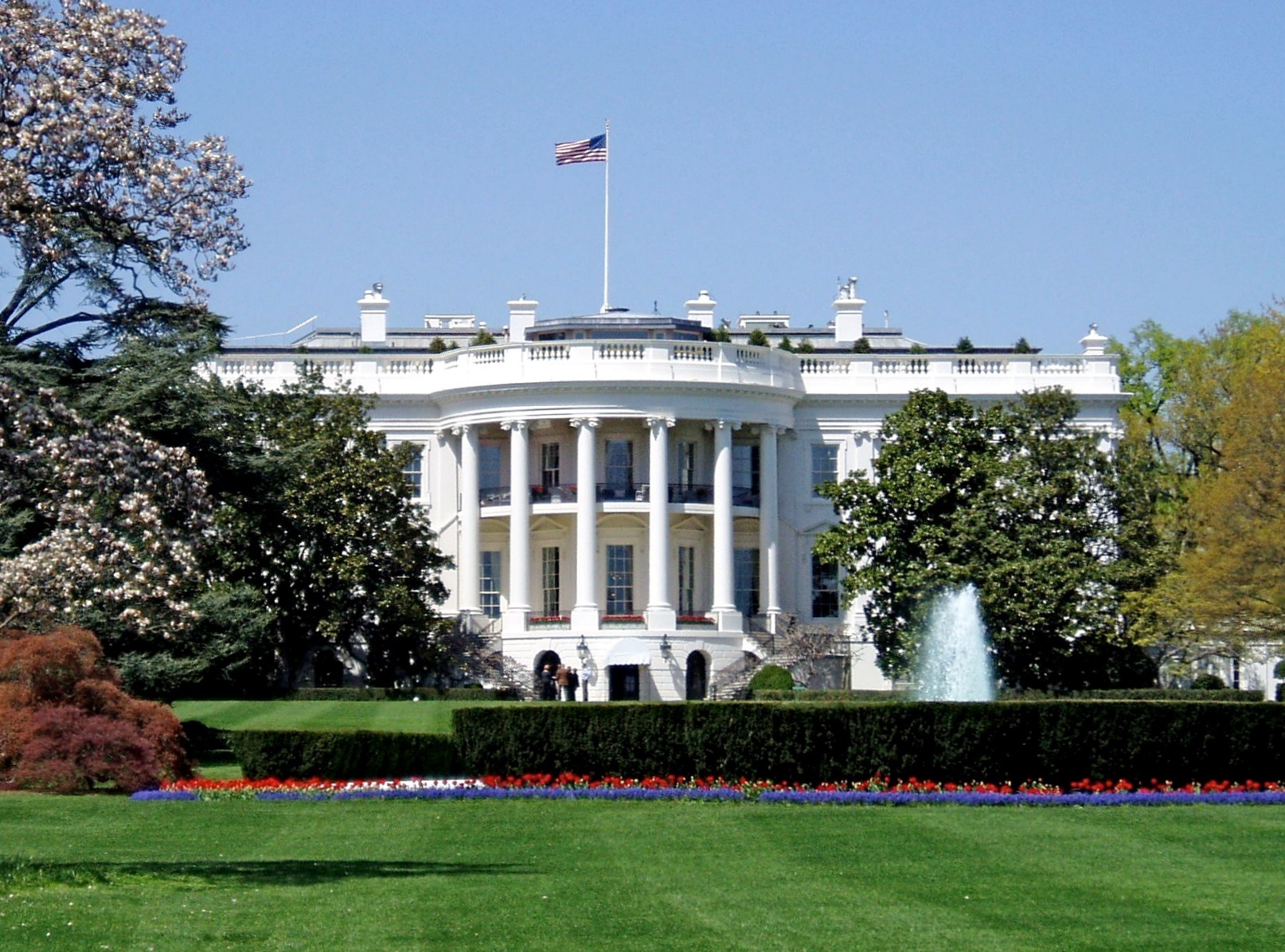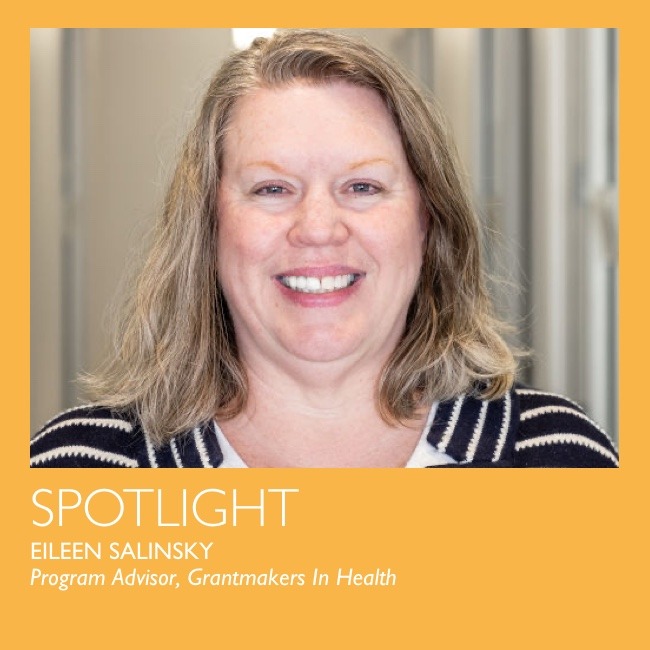Policy Resource: Overview of Congressional Staff and Member Outreach
Developed in collaboration with Leavitt Partners, this resource provides a detailed overview of how congressional offices, committees, and leadership are staffed. In addition, it provides recommended best practices for meeting with Members of Congress and their staff.
Policy Resource: Overview of the 119th Congress
Developed in collaboration with Leavitt Partners, this resource provides a detailed overview of the U.S. House of Representatives and Senate, including leadership in both houses and key committee and subcommittee members.
Policy Resource: Overview of the Executive Branch
Developed in collaboration with Leavitt Partners, this resource provides a detailed overview of the U.S. executive branch, including the White House, Cabinet, and the Department of Health and Human Services (HHS), including organizational charts of key members of the White House policy team and HHS leadership.
Infosheet: Key Provisions in the House-passed Reconciliation Bill—H.R. 1, the ‘One Big Beautiful Bill Act’
An infosheet provides analysis of key health, philanthropy, and nonprofit provisions in H.R. 1, the budget reconciliation bill passed by the U.S. House of Representatives on May 22, 2025. Changes include an estimated $715 billion reduction in federal Medicaid spending including work requirements, new eligibility requirements to the Affordable Care Act that will reduce access to the ACA’s Advanced Premium Tax Credits, $300 billion in reductions to Supplemental Nutrition Assistance Program (SNAP) benefits, an excise tax on foundations, and new authority for the Secretary of the Treasury to remove the tax-exempt status of nonprofits the administration deems as “terrorist support organizations.”
DOJ Announces Guidance on White Collar Enforcement Priorities and Corporate Cooperation
This resource provides an overview of Department of Justice (DOJ) changes to white collar enforcement priorities.
Trump Administration Announces False Claims Act Investigation Into Harvard
This resource provides an overview of the administration’s False Claims Act investigation into Harvard regarding alleged fraud in its admissions process.
EEOC and DOJ Issue Guidance on ‘Unlawful DEI-Related Discrimination’ Under Title VII
This resource provides an overview of U.S. Equal Employment Opportunity Commission (EEOC) and U.S. Department of Justice (DOJ) guidance documents warning that employers’ Diversity, Equity, and Inclusion (DEI) policies, programs, and practices can violate Title VII of the Civil Rights Act of 1964.
Celebrating Our Colleague Eileen Salinsky, a Grantmakers In Health Mainstay Since 2007
After 18 years at Grantmakers In Health, Eileen Salinsky, longtime Program Advisor and former Vice President for Program and Strategy, has announced her retirement. Her last day at GIH will be Friday, March 21, 2025. Eileen was recruited as GIH’s Vice President for Program and Strategy by former President and CEO Lauren LeRoy in 2007. Family obligations required Eileen to step back from her management position, but she stayed on part-time as a Program Adviser for almost two decades.
Trump’s January 2025 Executive Orders: Implications for Employers
This resource provides an overview of the implications for employers of administration executive orders targeting diversity, equity, and inclusion (DEI) programs.








